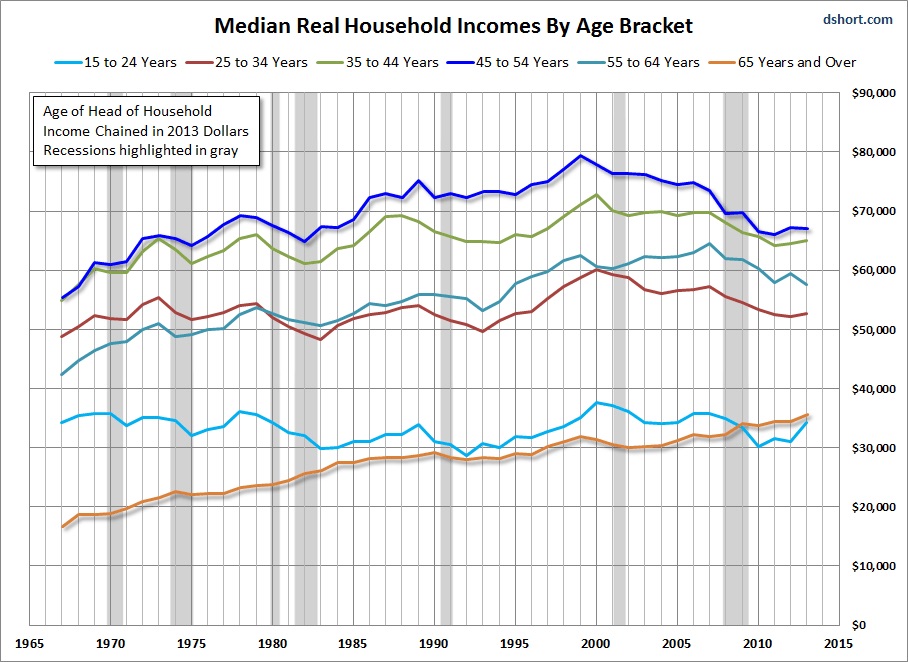Ever since Edmund Burke, founder of the conservative tradition, declared, “The very idea of the fabrication of a new government, is enough to fill us with disgust and horror,” pundits and scholars have divided the political world along the axis of time. The left is the party of the future; the right, the party of the past. Liberals believe in progress and the new; conservatives, in tradition and the old. Hope versus history, morrow versus memory, utopia versus reality: these are the stuff of our great debates.
In “The Reactionary Mind,” I argued that this view of the political divide is incorrect, at least as it pertains to the right. Beginning with Burke, conservatives have been less committed to tradition or the past than to a hierarchical vision of society. In Burke’s case, it was aristocrats over commoners; in the nineteenth and twentieth centuries, it would be masters over slaves, employers over employees, husbands and men over women and wives. And so it remains: the most consistent feature of contemporary American conservatism is the GOP’s war on reproductive freedom and worker rights.
…
But if the right’s window does not open onto the past, must the left’s open onto the future? Not necessarily, claim two fascinating new books: Steve Fraser’s “The Age of Acquiescence: The Life and Death of American Resistance to Organized Wealth and Power” and Kristin Ross’s “Communal Luxury: The Political Imaginary of the Paris Commune.” When it comes to past and future, they show, the left can be as ambidextrous as the right. What’s more, it may be the left’s ability to look backward while marching forward that explains its most potent moments of power and possibility.
…
What Fraser shows, with vivid set pieces drawn from the nation’s most violent battlefields, is that far from presenting itself as the enemy, the past was viewed by workers and farmers as a resource and an ally. In part because the capitalist right so heartily embraced the rhetoric of progress and the future (no one, it seems, was content with the present). But more than that, historical memory enabled workers and farmers to see beyond the horizon of the capitalist present, to know, in their bones, what Marx was constantly struggling to imprint upon the mind of the left: that capitalism was but one mode of economic life, that its existence was contingent and historical rather than natural and eternal, and that because there was a past in which it did not exist there might be a future when it would cease to exist. Like the nation, capitalism rests upon repeated acts of forgetting; a robust anti-capitalism asks us to remember.
…
In his “Reflections on the Revolution in France,” Burke is supposed to have given voice to the conservative dispensation by describing society as “a partnership not only between those who are living, but between those who are living, those who are dead, and those who are to be born.” Yet who in and around the Commune had greater sensitivity to the delicate and mutual dependencies of past and future: The anarchist Kropotkin, who spent an entire week in prison tapping out the history of the Commune to his young neighbor in the next cell, lest it be forgotten? The Communard geographer Élisée Reclus, who called for solidarity “between those who travel through the conscious arena and those who are longer here”? Or the reactionaries in charge of the French regime, who spent the better part of the 1870s forbidding anyone who managed to survive the Commune from carving any mention of it on their gravestones?


